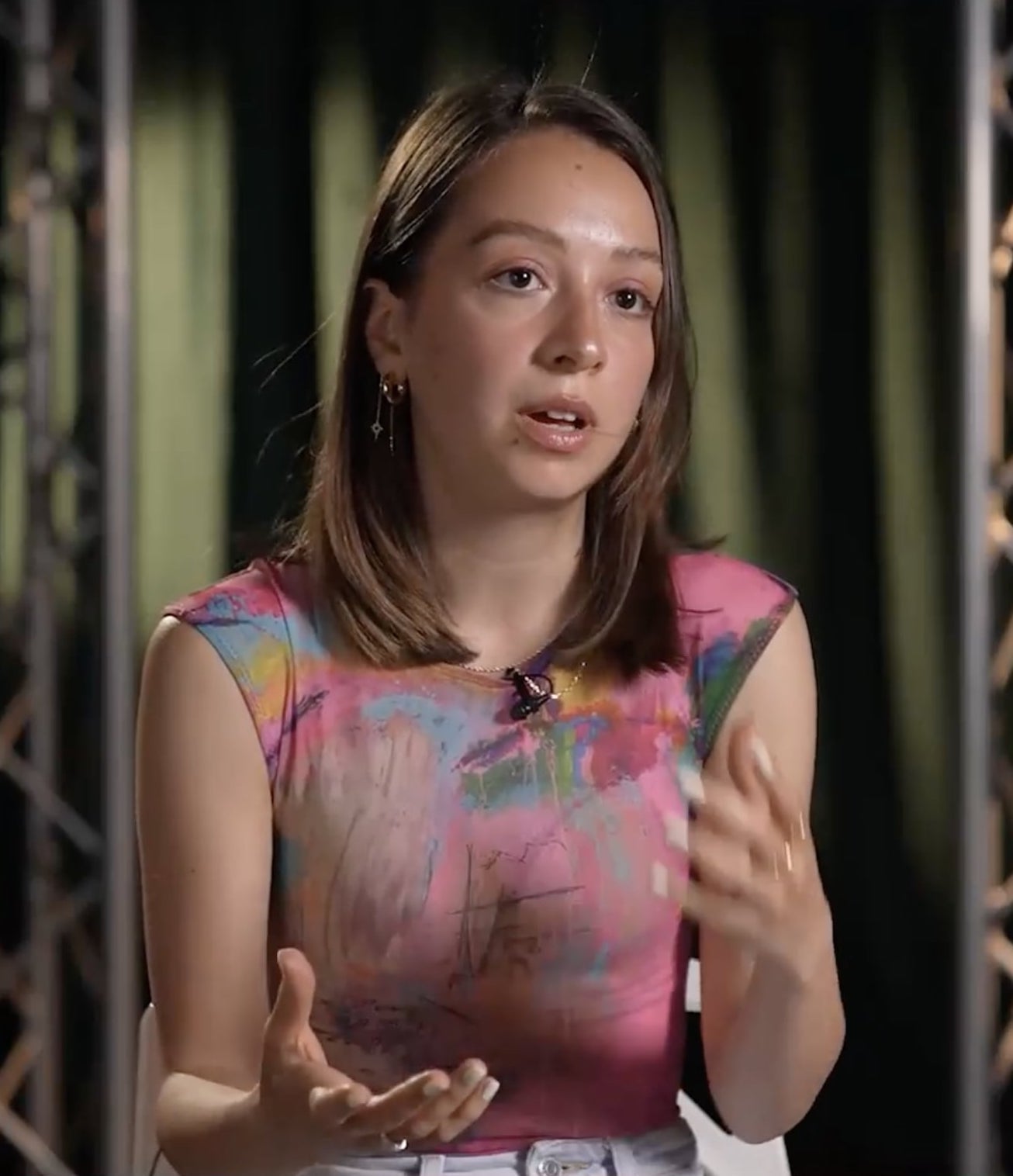Protein hide-and-seek: AI-driven exploration of dementia biomarkers
Neurodegenerative diseases, such as Alzheimer's, are the major preliminary cause of dementia. Neuroscientist Dea Gogishvili's research contributes to a better understanding of the protein biomarkers used to improve early dementia diagnosis, and may lead to a more personalized prognosis of the disease.
Research shows that physiological changes occur years before the onset of symptoms. Therefore, accurate clinical tests for early diagnosis are crucial. This requires robust biomarkers, which represent measurable properties that can objectively detect and evaluate various biological processes. Biofluid protein biomarkers are the key to precision medicine, providing insights into underlying disease mechanisms. Biomarkers coexist with many other molecules in body fluids, potentially interfering with antibody-epitope interactions. Conformational changes or aggregation of proteins may further obstruct or disguise epitopes, preventing their accurate detection and quantification. Therefore, understanding the solvent accessibility of protein biomarkers, or in other words, the game of hide-and-seek is essential for accurate detection and quantification.
More effective treatments
Improving the ability to diagnose these diseases early and reliably will bring us closer to more effective treatments and better management of disease progression. Gogishvili: ‘Instead of seeking needles in haystacks – we must develop better metal detectors. Within the scope of my thesis, we developed new ways to measure how sticky protein surfaces are. This is crucial for understanding one of the hallmarks of neurodegeneration, protein propensity to aggregate. We have identified promising biomarkers to predict how quickly a patient's cognitive abilities might decline. Additionally, we delved deep into several brain-specific proteins and their nature in different biological environments. Perhaps most excitingly, we have used advances in large language models to predict non-trivial protein properties.’
Clinical trial design
Gogishvili’s research contributes to the Multi‐omics Interdisciplinary Research Integration to Address DEmentia diagnosis (MIRIADE). The main goal of MIRIADE is to discover and develop biomarker assays for neurodegenerative diseases. The findings of her thesis are important for understanding protein biomarkers that are used for improving early diagnosis of dementia. Furthermore, the methods that Gogishvili and her colleagues have explored could lead to a more personalised prognosis to estimate how quickly a patient’s condition will worsen. In the future, these methods might also be used for clinical trial design for developing new drugs.
Gogishvili used computational and experimental methods to study protein biomarkers associated with dementia. She used various machine learning techniques to directly predict protein properties based on their amino acid sequences, including structural features, association with extracellular vesicles and large hydrophobic patches. She also applied experimental techniques, such as hydrogen-deuterium exchange mass spectrometry (HDX-MS).
More information on the thesis
